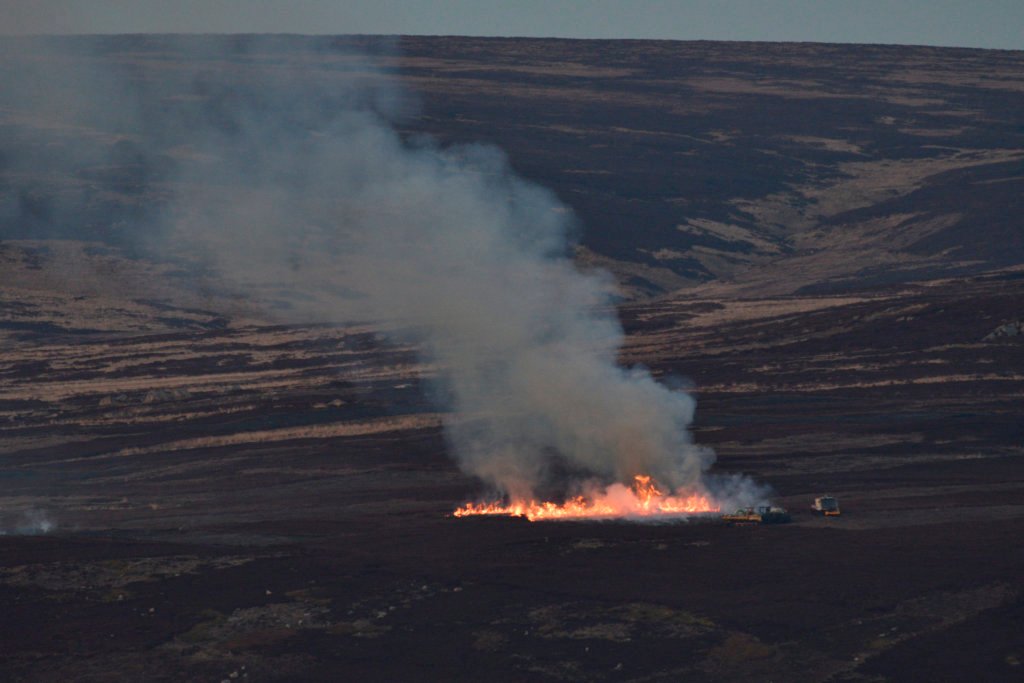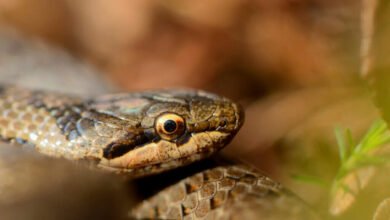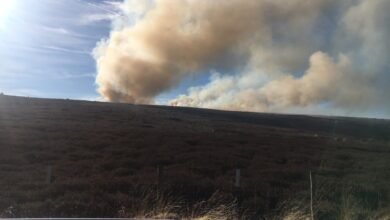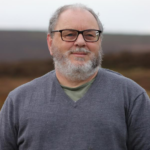
In response to this morning’s announcement by Defra of tighteneing of reguations on vegetation burning on peat soils, Beccy Speight, RSPB chief executive, said: “Extending the ban on burning over peat in the English uplands is a hugely positive step forwards towards protecting these precious habitats and reducing carbon emissions.
Peatlands are one of nature’s greatest superheroes, for nature and for climate. They are home to some of the UK’s rarest birds and incredible wildlife. When healthy, peatlands act as a natural filter helping to improve water quality, can store water during times of drought, slow flow during times of flood and are resilient to fire. And in their wet, natural state they keep their vast stores of carbon locked away and so have a crucial role to play in our efforts to tackle climate change.
Burning them is bad for nature, for the climate, for water quality and for managing flood risk. With the UK Government targeting the restoration of 280,000 hectares of peatland by 2050, we hope today’s announcement signals a move towards an end to burning in the English uplands, to protect peatland habitats and reduce emissions.
We would like to thank all our supporters who took the time to take part in the Defra led consultation and to thank Defra ministers for making the decision announced today.”
RSPB is right to thank what were apparently at least 72 supporters who responded to the consultation according to the Defra figures – click here and see below.
It seems that the tiny Wild Justice was more effective at motivating people to respond (160+ responses). And I suspect that my monthly newsblast prompted significantly more responses than the RSPB too.
The industry response is difficult to gauge as it will include some land owners and managers and more than the 45 respondents who used Moorland Association phrases. However, nowhere near every gamekeeper employed on grouse moors responded or else the results would have been very different (even though they are only given qualitatively here (why not the actual numbers?). This seems to be an industry that has almost completely given up. Maybe Andrew Gilruth could tone down his rhetoric on how local communities are so supportive of the unsustainable practices that accompany this so-called sport. Or maybe everyone should just ignore all that nonsense.
Table 2: Summary of Campaign Influence on Responses (from Defra release – click here)
| Campaign organisation | Viewpoint | Advice to supporters | Number of campaign responses |
|---|---|---|---|
| Wild Justice | Strongly opposed to burning on peatland and grouse shooting. | Encouraged supporters to respond to the consultation and provided suggested text on their website critical of grouse shooting. | 160 online responses clearly influenced by the group’s suggested phrasing. |
| Royal Society for the Protection of Birds (RSPB) |
Supportive of further regulation of moorland burning for peatland protection. | Added a page to their website setting out a supportive view of the proposals, encouraging supporters to “add your voice and make sure these vital ecosystems get the protections they need.” | 72 mentions of the RSPB in consultation responses. |
| Moorland Association | Opposed to the changes proposed in the consultation on the grounds of wildfire risk, called for a pause to the consultation. | Added a page to their website criticising the proposals alongside a draft response. Encouraged supporters to provide information about the impact of the proposals as well as case studies. | 45 mentions of the Moorland Association in consultation responses. |
| Moorlands for Climate and Nature | Strongly opposed to burning on peatland and grouse shooting. | Added a page to their website with a template response calling for a complete ban on grouse shooting. | 37 template email responses received. |
[registration_form]
Source link




